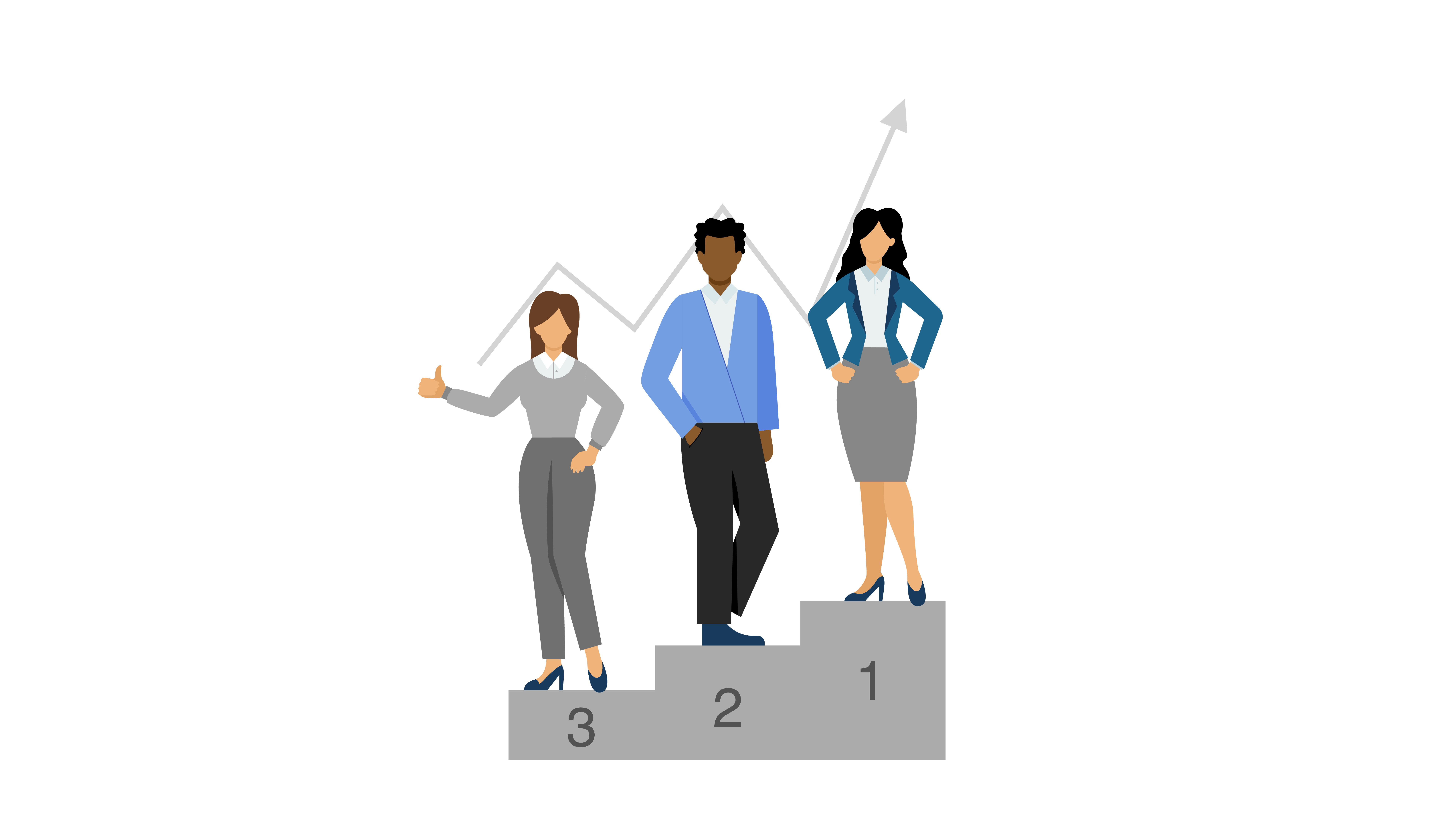Featured
Customer data platforms (CDPs) are a vital tool for companies that wish to collect data, store, and manage customer information in one central area. They provide a better and more complete understanding of the customer they can use to target marketing and personalize customers' experiences. CDPs come with a wide range of features such as data management, data quality and data formatting. This lets customers be more compliant regarding how their data is stored, used, and accessed. With the ability to pull data from other APIs such as the CDP additionally allows companies to place the customer at the forefront of their marketing strategies and improve their operations and engage their customers. In this article, we will look at the benefits of CDPs in organizations.
what are cdps
Understanding CDPs. A Customer data platform (CDP) is a software that lets companies gather, store and manage customer data from a central data center. This gives you a greater and more complete picture of your customer . It also allows you to focus your the marketing of your customers and create personalized customer experiences.
-
Data Governance: A CDP's ability to secure and control the information that is incorporated is one of its main characteristics. This includes profiling, division and cleaning of the data coming in. This ensures that the organization is in compliance with the regulations on data and policies.
-
Quality of Data: It is crucial that CDPs make sure that the information they collect is of high-quality. This means that the data is correctly entered and that it meets the desired quality standards. This helps to minimize additional expenses for cleaning, transforming, and storage.
-
Data formatting Data formatting CDP can also ensure that data is entered in a specified format. This allows data types like dates to be linked across customer records and guarantees consistent and logical data entry. cdp customer data platform
-
Data Segmentation Data Segmentation CDP lets you segment customer data in order to better understand your customers. This allows you to compare different groups to one another and get the most appropriate sample distribution.
-
Compliance The CDP allows organizations manage customer data in a way that is compliant. It allows you to establish secure policies and categorize information based on these policies. It is also possible to spot the violation of policies when making decisions about marketing.
-
Platform Selection: There are different kinds of CDPs that are available and it is crucial to understand your use case so that you can select the most appropriate platform. This includes considering features such as privacy of data and the capability to access data from other APIs. cdp customer data platform
-
Making the Customer the Heart of Everything The Customer at the Center CDP allows the integration of real-time, raw customer data, offering instantaneity, precision and unison that every marketing team needs to streamline their operations and make their customers more engaged.
-
Chat, Billing and More Chat, billing and more CDP allows you to find the context for great conversations, no matter if you are looking at billing or prior chats.
-
CMOs and Big Data CMOs and Big Data CMO Council 61 percent of CMOs believe that they are under-leveraging big data. The 360-degree view of customers provided by CDP CDP can be a wonderful solution to this issue and help improve marketing and customer interaction.
With many different kinds of marketing innovation out there each one typically with its own three-letter acronym you might question where CDPs come from. Although CDPs are among today's most popular marketing tools, they're not an entirely originality. Rather, they're the most recent step in the evolution of how marketers manage consumer data and client relationships (Cdp Analytics).

For a lot of marketers, the single biggest value of a CDP is its ability to sector audiences. With the capabilities of a CDP, online marketers can see how a single consumer communicates with their business's various brands, and recognize chances for increased personalization and cross-selling. Naturally, there's far more to a CDP than segmentation.
Beyond audience segmentation, there are 3 big factors why your company might desire a CDP: suppression, customization, and insights. One of the most fascinating things marketers can do with data is recognize customers to not target. This is called suppression, and it's part of providing truly tailored consumer journeys (Customer Data Support Platform). When a client's unified profile in your CDP includes their marketing and purchase data, you can suppress advertisements to clients who have actually currently made a purchase.

With a view of every customer's marketing interactions linked to ecommerce information, site check outs, and more, everybody across marketing, sales, service, and all your other teams has the opportunity to comprehend more about each client and provide more customized, appropriate engagement. CDPs can help online marketers deal with the origin of many of their greatest day-to-day marketing issues (Customer Data Support Platform).
When your data is detached, it's more challenging to comprehend your clients and develop significant connections with them. As the variety of data sources used by marketers continues to increase, it's more crucial than ever to have a CDP as a single source of fact to bring everything together.
An engagement CDP uses client information to power real-time customization and engagement for clients on digital platforms, such as sites and mobile apps. Insights CDPs and engagement CDPs make up the bulk of the CDP market today. Very few CDPs include both of these functions equally. To select a CDP, your company's stakeholders ought to consider whether an insights CDP or an engagement CDP would be best for your needs, and research study the couple of CDP alternatives that consist of both. Marketing Cdp.
Redpoint GlobalLatest Posts
The Benefits of Real-time Data Collection with a CDP
CDPs and the Importance of Data Governance for CMOs
The Role of CDPs in Understanding Customer Behaviour